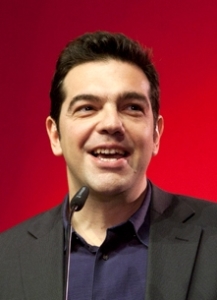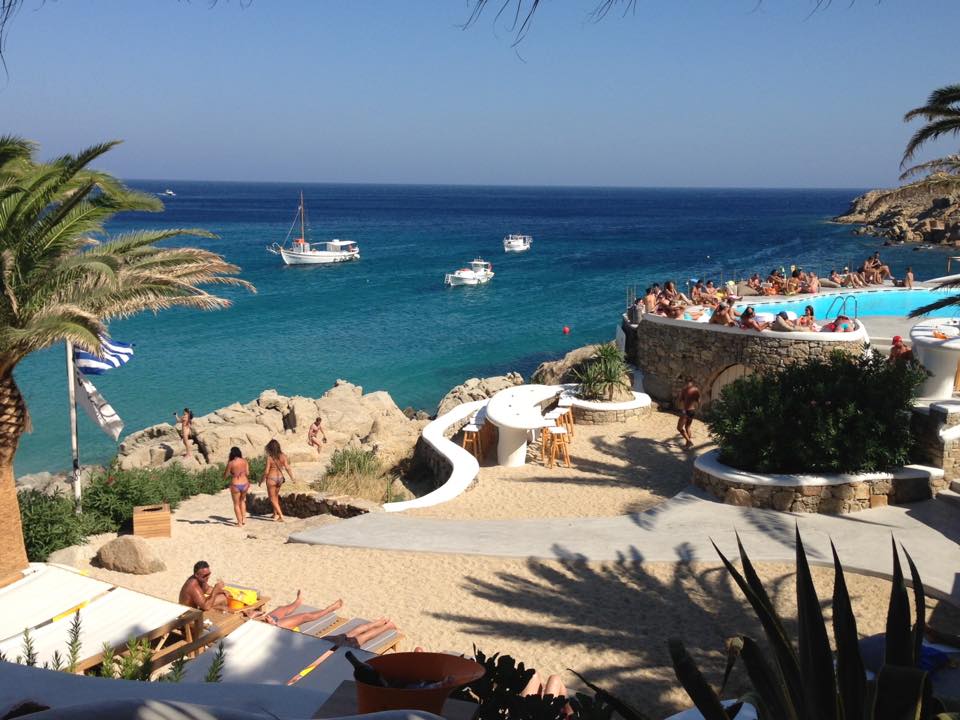
Greece has been suffering a financial crisis that rivals the Great Depression with high unemployment rates and a low economic output. Some other root problems include tax evasion, corruption, and policies that favor only a wealthy few. The country could face bankruptcy if a solution is not found. In other words, the economic future of Greece is not looking so good.

Credit: Wikimedia Commons
The radical left, anti-austerity Syriza party won in the Greek elections on January 25th. This is the first time a party of the left has won power, which shows just how frustrated the Greek people were with austerity and how desperate they have become for change. Alexis Tsipras, the leader of the party and the new prime minister, is determined to keep the country financially afloat by providing economic relief and rebooting the economy.
The tourism industry, in particular, will inevitably be affected by this change in leadership. Tsipras strongly opposes “all-inclusive” deals and has said that the business model “largely alienates tourism from the local economy.”
The all-inclusive resort concept was developed over 50 years ago by Club Med in the Mediterranean and has gained popularity in recent years as new resorts have been developed and as older, more traditional hotels have converted to all-inclusive packages. This model has spread so rapidly for a few reasons:
- People like to feel like they are getting their money’s worth because of all of the offerings included in the package.
- They like the idea that they pay one price and don’t have to worry about extra charges.
- They feel more comfortable in a self-contained resort, for many tourists do not feel confident leaving the premises in unfamiliar destinations, especially where they don’t speak the language.
There is a sense of security at an all-inclusive hotel with its cocoon-like atmosphere. Tourists often resist leaving hotel grounds because they unknowingly and instinctively fear being robbed or attacked. So especially in less developed countries, all-inclusive resorts are almost the norm.
At an all-inclusive resort, one can expect accommodations like buffet-style breakfasts, lunches, and dinners, unlimited alcoholic and non-alcoholic beverages, a regular variety of daytime and evening entertainment, fitness center use, and sports and activities.

Credit: Lizzie Makkos ’15
The tourists benefit from all-inclusive resorts because of the convenience, but there are social and economic impacts on the country in which it is situated. The concept segregates tourists and locals and does not encourage the mixing of the two. It is lucrative for hoteliers, but it minimizes opportunities for locals to make a living. For this reason, the locals resent these complexes.
Tsipras wants to lower the number of all-inclusive resorts in hopes of protecting the traditional values that Greece has been trying to uphold by encouraging tourists to enjoy the diversity of the country. Thousands of restaurant and taverna owners work hard to maintain traditional Greek atmospheres, and Tsipras wants to help those people as he even announced a major increase in the minimum wage and plans to raise pensions for those with low incomes.
People have been taking advantage of the financial crisis in Greece; the country had a record 21.5 million tourist arrivals last year. All-inclusive hotels and resorts accounted for about $2.3 billion of the $17.6 billion the industry in Greece did in revenue, so Syriza’s opposition is causing people to feel uneasy. Greece’s GDP relies on the inflow of tourist dollars. By limiting all-inclusive packages, Syriza aims to help small businesses and local citizens. The party is aware that all-inclusive cannot be banned but hopes to enhance the quality of tourism in the country.